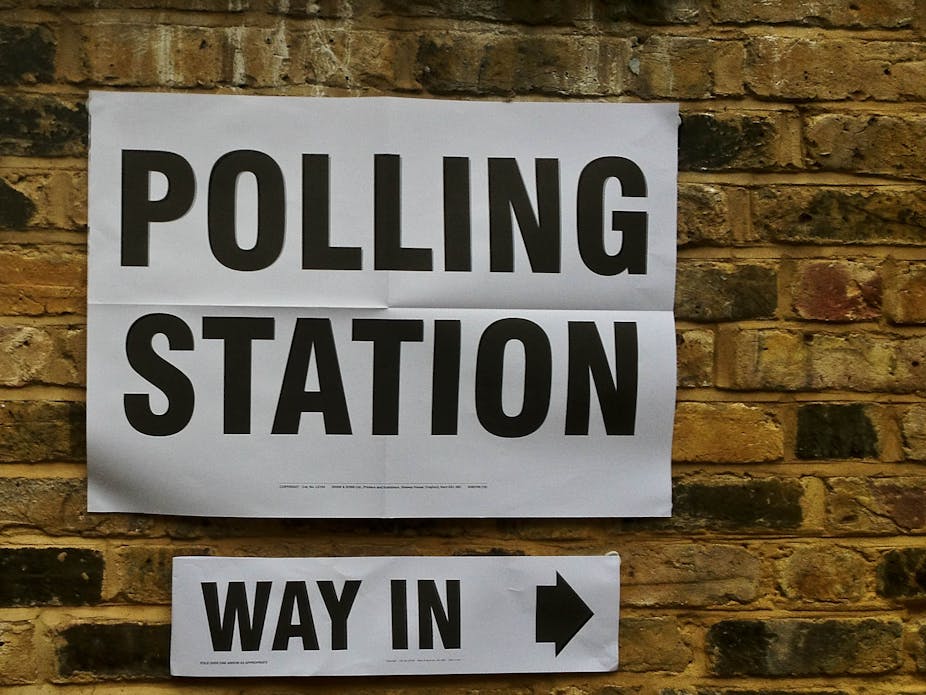A decision by judges in the Supreme Court has finally put an end to the legal challenge of two British citizens claiming to have been unfairly excluded from voting in the EU referendum. They were campaigning against the law which disenfranchises people who have lived outside the UK for 15 years or more.
Lawyers for Harry Shindler MBE, a war veteran living in Italy, and Jaquelyn MacLennan, a lawyer resident in Belgium, pursued their claim that the EU Referendum Act (Section 2) is incompatible with EU law. They argued that it “restricts their directly effective EU law rights of freedom of movement” and acts as a penalty for exercising this right.
Following hearings in the High Court and the Court of Appeal, the Supreme Court, the UK’s final court of appeal, endorsed the lower courts’ rejection of the claim. It ruled that, even if EU law did apply (and there was disagreement between the courts over this point), there had not been any “interference” with the claimants’ right of free movement – which was the basis of the case.
What’s unclear is how many people will be affected by the ruling. Estimated numbers of British citizens resident in the EU range from 1.2m to 2m, but there is no easy way of knowing how many of these have been there for more than 15 years.
While the legal arguments discussed in the case were highly complex, the political argument was clear and compelling: if the UK votes to leave the EU, British citizens resident elsewhere in the EU will lose their status as European citizens – and all the associated rights relating to residency, working rights, access to healthcare and welfare, and transfers of pension schemes. Not surprising then that they should want to participate in the decision to Leave or Remain. We can assume that the vast majority would probably choose the latter.

Ironically, it was largely because of this assumption that the government feared any attempt on its part to bend the franchise rules would expose it to accusations by the Out camp of gerrymandering. During the parliamentary debates on the EU Referendum Bill last autumn, ministers seemed to have (rather naively) imagined that by appearing to uphold a level playing field, it would avoid the sort of mudslinging that now divides the two camps within the Conservative Party. But, in the event, the government may well have cut off its nose to spite its face.
An illogical situation
The UK government’s position on this matter is all the more questionable given its intention, announced in the Queen’s Speech of May 2015, to replace the 15-year rule with a Votes For Life Bill. If this Bill had been passed before the EU Referendum Bill, the legal challenge would have been unnecessary. No timetable has been announced, however, despite repeated statements of intent to see it through.
The result is an illogical situation, where the government has rejected the legal challenge by Shindler and MacLellan for no other stated reason than to defend a position which it is committed to reversing before the end of its mandate. This is despite having recognised both the potential negative impact of Brexit on the lives of British citizens resident in the EU and the arbitrary nature of the 15-year cut off point for voting.
The illogicality is further compounded by the fact that Irish citizens and non-British Commonwealth citizens resident in the UK (even temporarily), will be able to vote in the referendum. Yet EU citizens resident in the UK, whose European citizenship rights will also be brought into question in the case of Brexit, will not.
Government challenged
There is clearly considerable confusion regarding the appropriate basis for voting rights: citizenship or residence? And this is not the first time that a UK government has been legally challenged by British expats on the issue of limiting overseas voting rights. There have been two previous claims that pertained specifically to the franchise for parliamentary elections.
Harry Shindler previously fought a case against the UK government at the European Court of Human Rights from 2009 to 2013 and James Preston, a British expatriate resident in Madrid, made a claim for judicial review in 2011-12. Both claims were dismissed because the “interference” with the claimants’ rights of free movement were said to be “too general and speculative”.
If the government is genuinely committed to introducing votes for life, it will have to give serious thought to how it might be implemented. If the Shindler-MacLellan challenge had been successful, it would have had to rush through new legislation to enable all British citizens resident in the EU (but not elsewhere in the world) to vote in the upcoming referendum. This would have presented major logistical problems of electoral registration, especially given the very tight time frame involved, as was recognised by the judges in their conclusions.
The Supreme Court decision has bought the government some more time to consider the issues at stake in this important constitutional change. Meanwhile, all British citizens resident abroad, within or outside the EU, and who left the UK less than 15 years ago, still have until June 7 to register online to vote either by post or by proxy (which they can do here).

